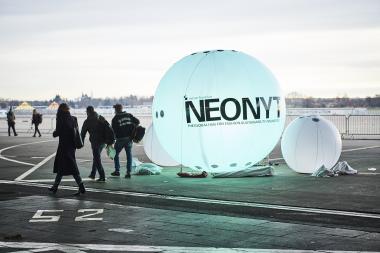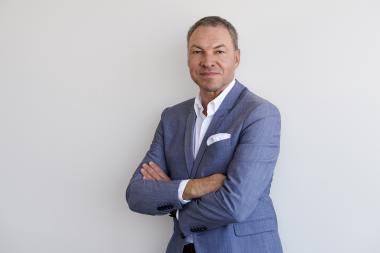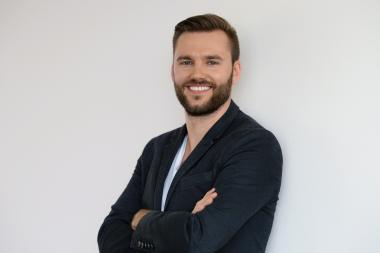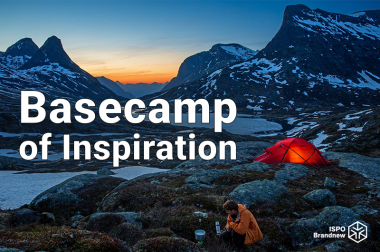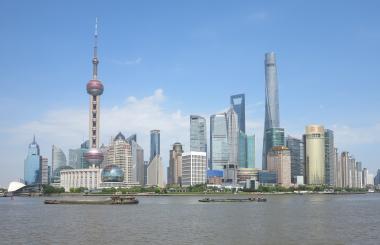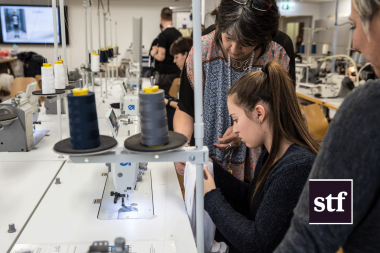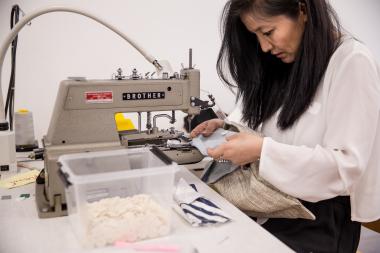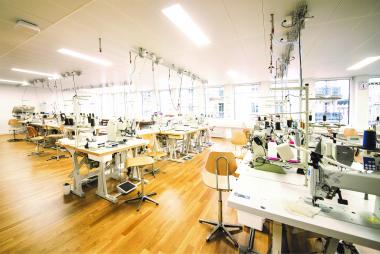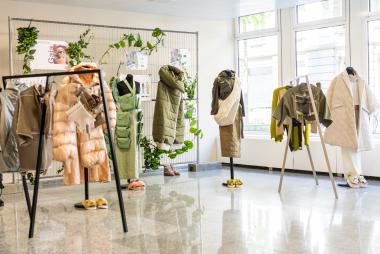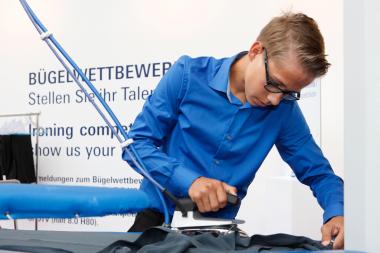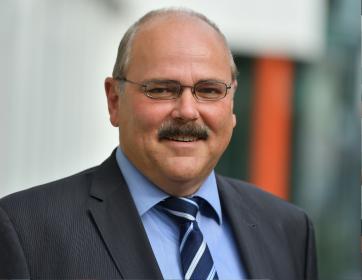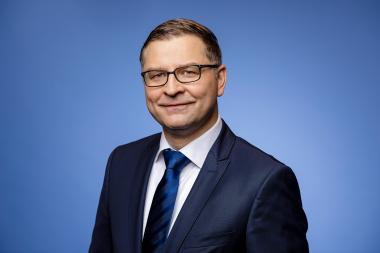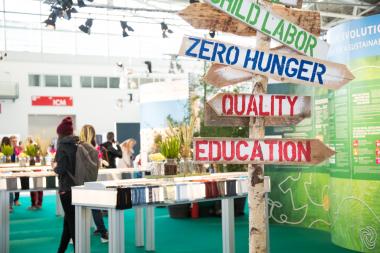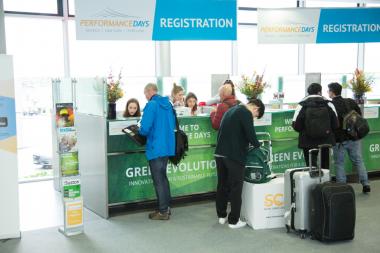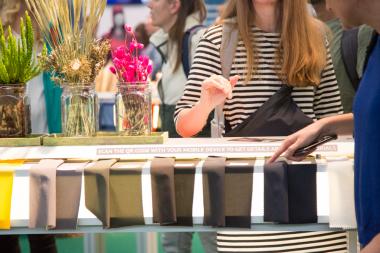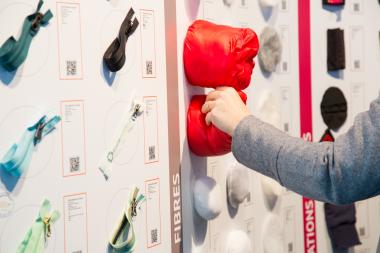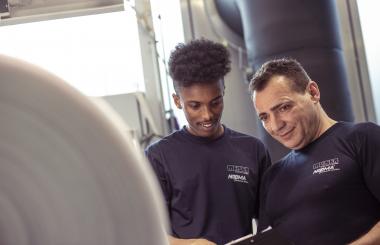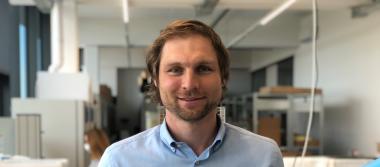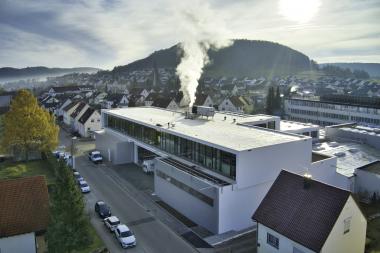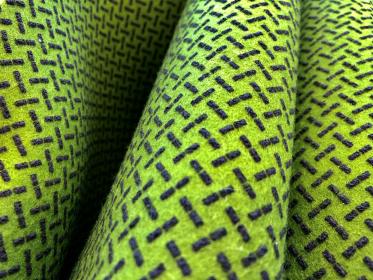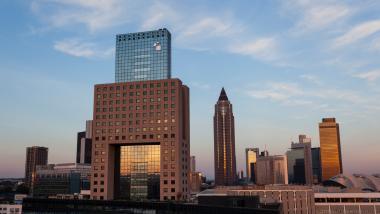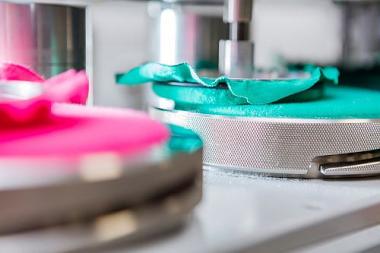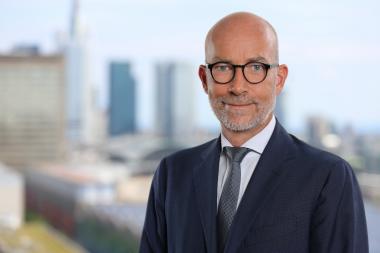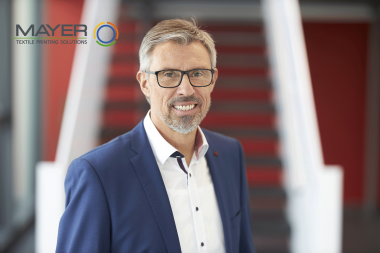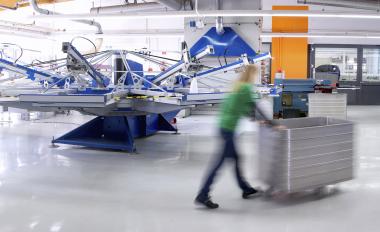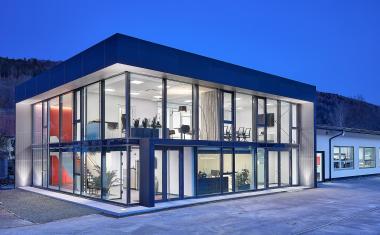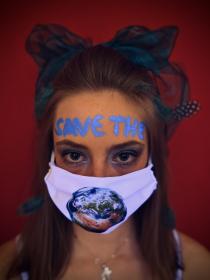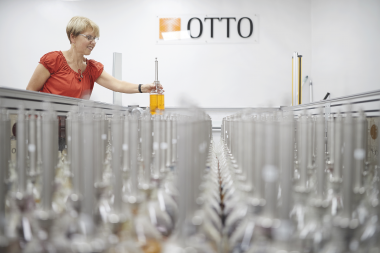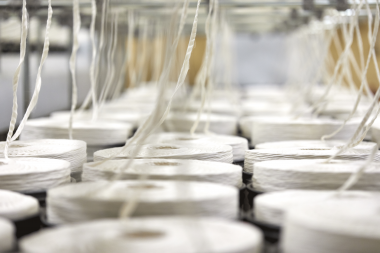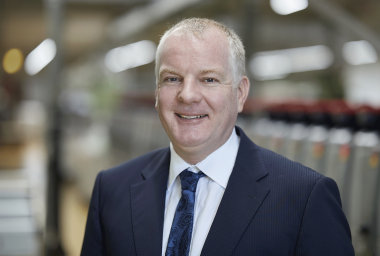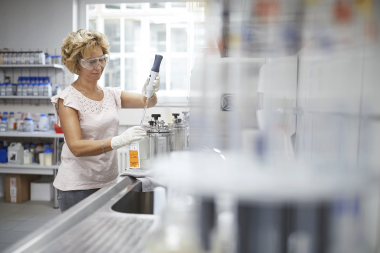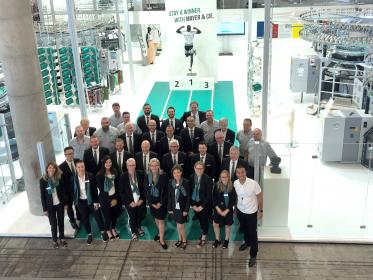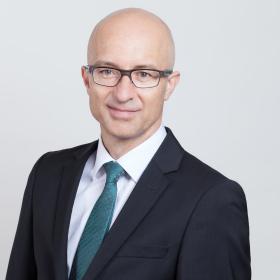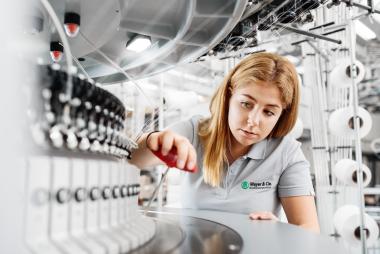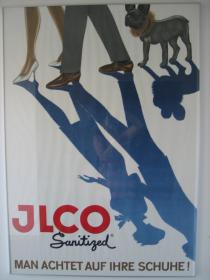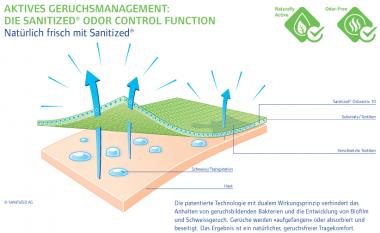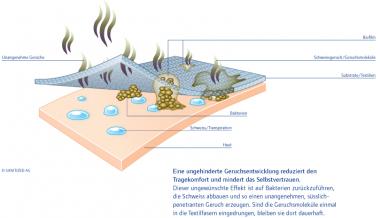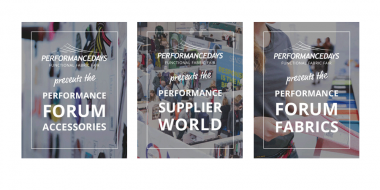Befeni: FashionTech contra Fast Fashion
- Sustainable fashion through highly automated just-in-time production on customer demand
The Befeni Group, based in Langenfeld (North Rhine-Westphalia) and Bangkok (Thailand), is one of the world's leading fashion tech companies with over 200 employees and around 200,000 customised shirts and blouses sold.
Thanks to highly automated processes and just-in-time production, the fashion start-up, which has been on the market for four years, is able to offer individually designed and custom-made fashion of high quality within a very short time. In addition to shirts and blouses, the range also includes jumpers, underwear and accessories.
At Befeni, customers are measured personally and their data is then recorded in an online system. On this basis, a pattern is created in the in-house production in Bangkok and the garment is produced as an individual one-off. The customised order is then handed over personally by trained Befeni fashion consultants.
By deliberately avoiding middlemen, the company relies on a global value chain and offers fashion from in-house production at convincing conditions: The employees in Bangkok receive above-average pay. The individually made-to-measure shirt is available at a fixed price of 39.90 EUR. And the products are sold exclusively through 5,000 qualified fashion consultants in direct sales.
Sustainable Fashion as a future market
Constant new trends, quickly produced seasonal items in quantities and the disposal of surplus items are part of everyday life in today's fashion world. In the wake of the Corona crisis, this situation has become even more acute.
„We believe that the fast fashion trend is finite and that a rethink will take place among customers, the fashion industry and producers," says Maik Ernst, founder and CEO of Befeni. "Through our highly automated business model, we are able to sell directly from our fair, in-house production, excluding any middlemen. This way, we deliver the high-quality and handmade product a maximum of 3 weeks after receiving the customer's order - with personal advice from over 5,000 qualified, independent fashion consultants."
Jan Fennel, founder of Befeni and managing director of the in-house production in Bangkok, adds: "We also want our employees in Asia to benefit from the direct connection between production and customers. We are proud to give them pleasure not only through a monetary contribution, but also through direct feedback and appreciation - for example via video directly from the customers. With our working conditions, we also want to show that health, fun and care are a central part of the work in our team.“
Rethinking: How fashion is produced and offered
The Befeni tipping principle
The company has developed a system where satisfied customers can give a tip to "their" personal tailors. This goes directly to the tailors in the company's own production without deduction. The company wants to set an example and sees this approach as proof that an international fashion company can actively work for better working conditions in the manufacturing countries.
Facts and figures four years after the company was founded
- Production
Befeni produced 30% more blouses and shirts in 2020 compared to the previous year.
No fast fashion, sustainable, demand-oriented production: production only starts after customer order, made to measure according to the individual measurements of the customers. - Increase in turnover
Turnover generated in 2020: around EUR 6 million, +155% compared to the previous year - Number of customers
+100% compared to the previous year: the number of customers rose from 40,000 to over 80,000, of which almost 10,000 are in Austria - Personnel policy
Permanent employment of employees, above-average salaries and tip principle - Customizing: fashion according to individual customer wishes
Customers can choose from more than 80 fabrics, different collar and cuff shapes and designs for each fashion piece.
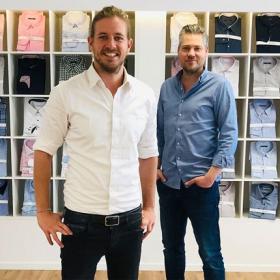 (c) Befeni GmbH. Maik Ernst, Jan Fennel CEOs Befeni GmbH
(c) Befeni GmbH. Maik Ernst, Jan Fennel CEOs Befeni GmbH
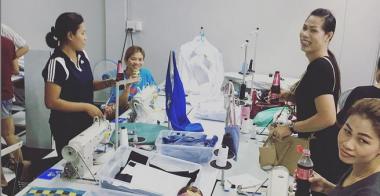 (c) Befeni GmbH
(c) Befeni GmbH
 (c) Befeni GmbH
(c) Befeni GmbH
 (c) Befeni GmbH
(c) Befeni GmbH
Befeni Textile and clothing industry Sustainability sustainable fashion Shirt blouse FASHIONTECH
Befeni GmbH / Textination GmbH





